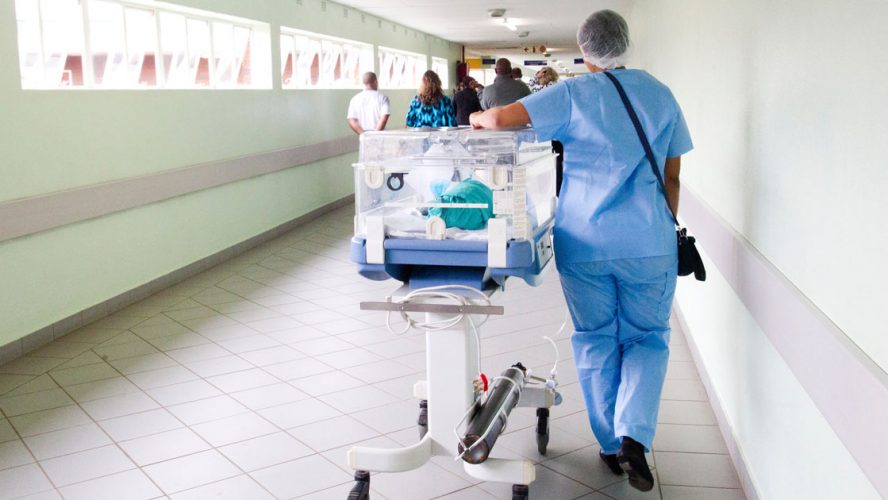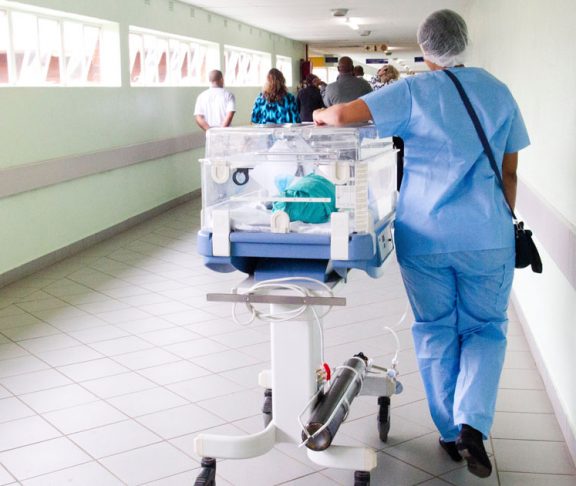The UK can be a leader in rare disease research and NHS patients can reap the benefits.
Rare diseases are a difficult area to gather data
Rare diseases are some of the hardest conditions to develop medicines for and the basic science has lagged behind our ambition to find cures and treatments for many years. Now, scientific advances like genetic testing mean we have a better understanding of the root causes of these debilitating and often fatal conditions.
A third of patients die from their rare disease before their fifth birthday.
The bio-pharmaceutical industry continues to pioneer the science that we hope will ultimately solve the complex challenges of researching, developing and clinically testing rare disease treatments. The fact that 75% of rare disease affect children – with a third of patients dying from their condition before their fifth birthday – drives our scientist to find the treatments and cures that these patients need.
Patients are very spread out
However, the challenge is immense, and we need to be realistic about the time and money it takes, especially when these small groups of very young patients are spread out across the UK and Europe.
We have already seen huge breakthroughs in the last year alone: early clinical trials in gene therapy have given hope to haemophilia patients, scientists have found a way to supress the build-up of harmful proteins in patients suffering from Huntington’s disease and we have seen a CAR-T therapy launched to use a patient’s own immune system to fight rare types of cancer.
These innovations, for diseases that we once thought incurable, are just the start of our efforts to find treatments for all 7000-8000 recognised rare diseases. But finding cures is only one half of the success story and the UK must look beyond pioneering the science to making sure NHS patients are very first to benefit from the breakthroughs we foster.
Pharmaceutical industry and the government working together
There is a lot more we collectively need to do, working as the pharmaceutical industry and the government together at a national, regional and local level to make sure UK patients have access to these breakthroughs in line with, or in advance of, their counterparts in Europe.
It isn’t just about being transparent about the process for making these treatments available, but also changing the way we assess these medicines to be worth investing in: beyond the individual benefit to the 3 million people affected by a rare disease in the UK, for society as a whole.
The future is exciting, and if we get this right the UK has the potential to be a global leader in cutting-edge rare disease science, with NHS patients the first to benefit from the R&D our companies are pioneering.


